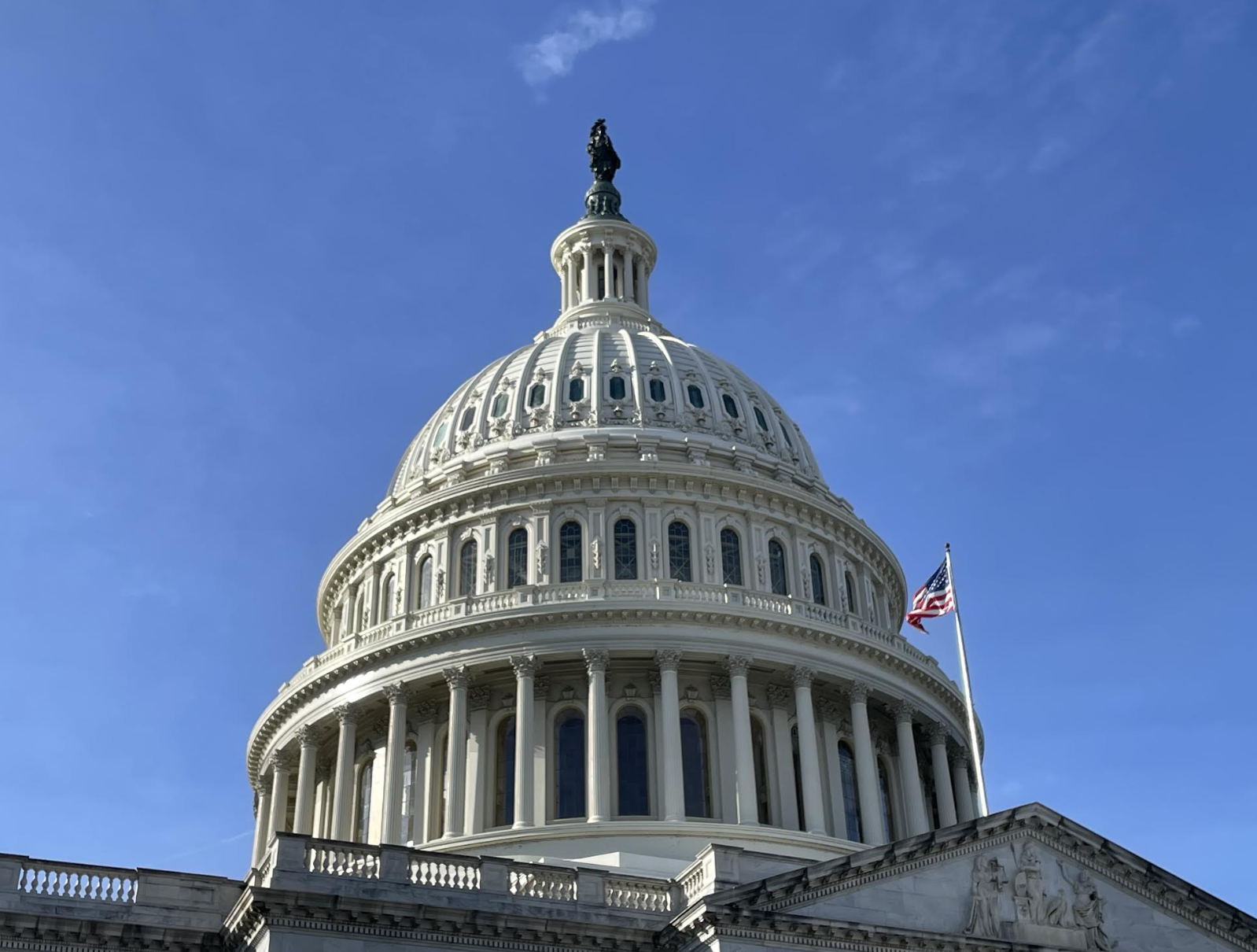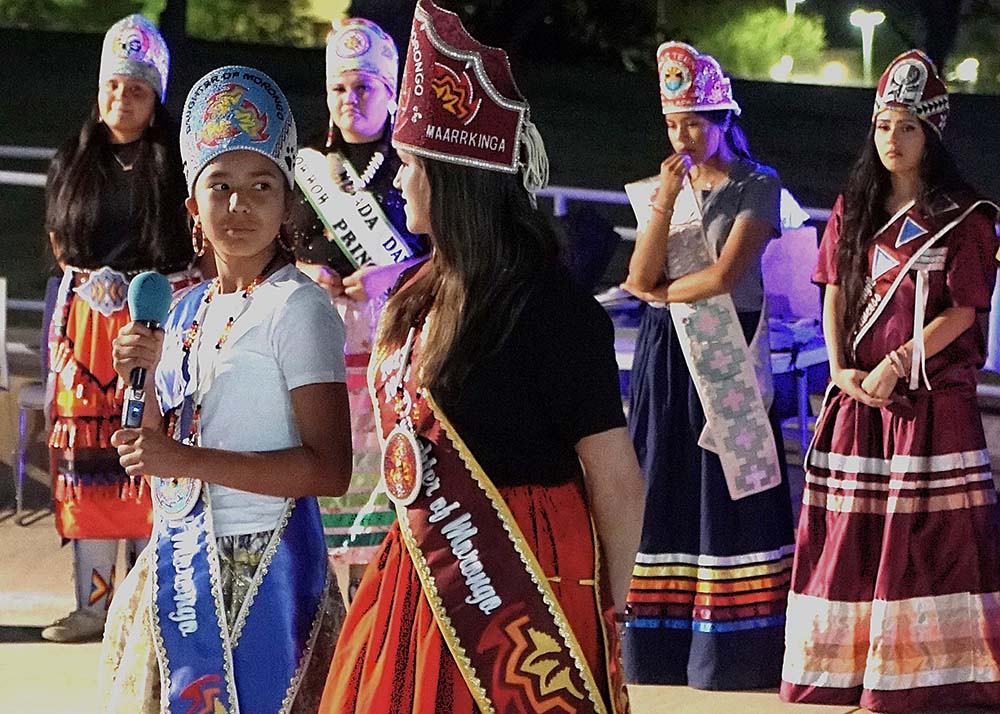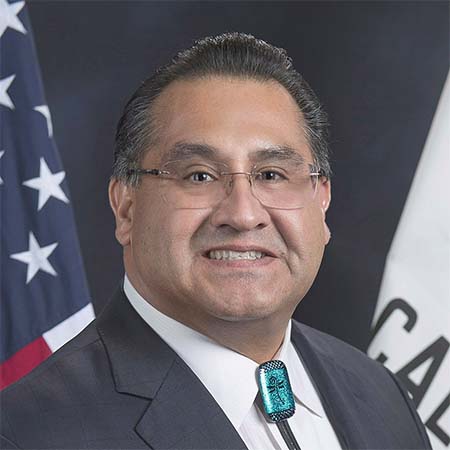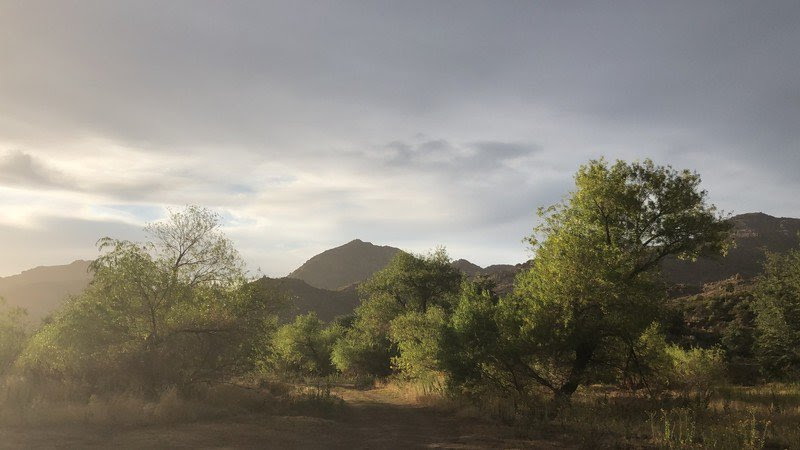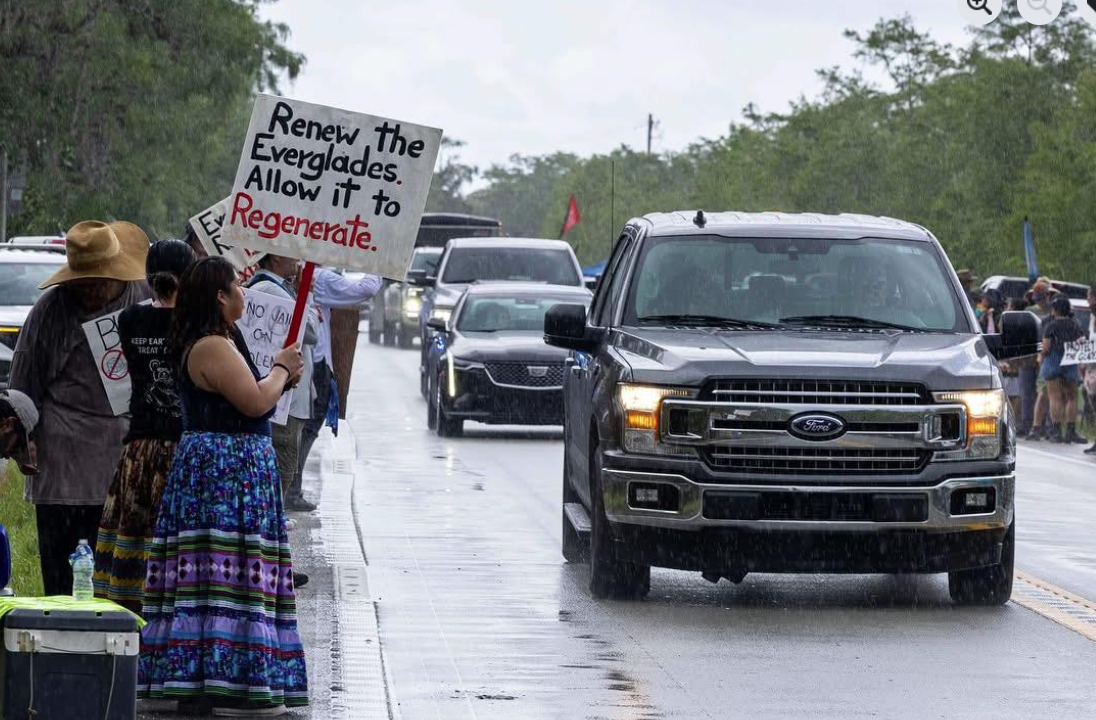
- Details
- By Native News Online Staff
WASHINGTON — In addition to articles already covered by Native News Online, here is a roundup of other news released from Washington, D.C. that impacts Indian Country recently.
Congress' Funding Priorities for Indian Country Released
This past week, the House Committee on Appropriations released the final Labor-HHS-Education Appropriations Bill Report, indicating where Congress’ funding priorities lay for 2026.
The Senate Labor-HHS-Education Appropriations Bill, released in July, demonstrated that Congress was committed to preserving Tribal serving programs across the Department of Health and Human Services (HHS). The Trust and Treaty Obligations run through all of the programs at HHS, and the Senate budget demonstrated that commitment by continuing these important programs.
The House Labor-HHS-Education Appropriations Bill, released last week, also echoed the Congressional commitment to honoring these promises and went a step further by increasing funds to Tribal programs and ensuring Tribal set-asides in new programmatic budgets. The House bill report includes:
- $30 million for the Tribal Behavioral Grants, a proposed $6.3 million increase in funding.
- Continues funding for Tribal Opioid Response Grants.
- $30 million for the Native Connections program through the Tribal Behavioral Health Grants, a proposed $7.25 million increase.
- A new Make America Healthy Again Initiative proposed at $100 million with a 10% Tribal Set-Aside.
- $14 million for the Improving Native American Cancer Outcomes, an $8 million increase over FY25.
- $30 million for Good Health and Wellness in Indian Country, a proposed $6 million increase from FY25.
- $20 million Tribal set-aside for Medication-Assisted Treatment for Substance Use Disorder, a proposed $5.5 million increase over FY25.
- $14 million for Native American Caregivers Support, a proposed $2.2 million increase over FY25.
- A new 5% Tribal Set-Aside for Diabetes prevention in the CDC Diabetes Prevention Program.
- $4.4 million Tribal Set-Aside for Zero Suicide program, a proposed $1 million increase over FY25.
- Proposes to maintain the Tribal set-aside for the Secretary’s Minority HIV/AIDS Fund, but decreases the MHAF to $20 million.
- Preserves 10% Tribal Set-Aside in Project AWARE, but proposed a decrease of $13.5 million overall.
Invite to Provide Comments to the FEMA Review Council
In accordance with Executive Order 14180, signed on January 24, 2025, the FEMA Review Council is mandated to hold its first public meeting within 90 days of the order and submit its report to the President within 180 days of that meeting. Your feedback is critical to shaping the future of FEMA and ensuring that tribal needs are adequately represented in the Council’s report.
Purpose of the Listening Sessions: The FEMA Review Council seeks to gather comprehensive input from tribal communities to inform its recommendations for FEMA’s future operational posture. Your contributions will play a vital role in influencing the Council’s report and ensuring that tribal perspectives are prioritized in FEMA’s policies and practices.
Virtual Listening Session Details:
- Date: September 17, 2025
- Time: 12:00 PM ET – 2:00 PM ET
- RSVP: Please RSVP to [email protected].
gov to confirm your attendance. Additional details will be provided upon registration.
Submission of Written Comments: Your attendance at this virtual tribal listening session is welcome and appreciated. Please be aware that there is a limited amount of time allocated for verbal comments, with each speaker receiving four to five minutes. To ensure the FEMA Review Council receives your input, please submit your comments to [email protected].
HQ/OPE Mail Stop #0385 Department of Homeland Security Designated Federal Officer Attn: Patrick Powers 2707 Martin Luther King Jr. Ave SE Washington, DC 20528-0078
Please note that these listening sessions are exclusively available to registered Federally recognized tribal leaders and their government representatives.
Public Input Requested on Improving Visitor Services in National Parks
The National Park Service (NPS) is inviting the public to share feedback and ideas on how to enhance visitor services across national parks. This includes identifying more efficient and effective ways to deliver and manage those services.
This effort supports Executive Order 14314, Making America Beautiful Again by Improving Our National Parks, which directs the Secretary of the Interior to improve services for residents visiting parks across the United States.
Public comments will be accepted from September 9 through October 9, 2025.
To learn more and submit your feedback, please visit: 2025-17293.pdf.
The NPS encourages respondents to include specific examples from their park visits to help guide the evaluation and implementation of meaningful improvements.
More Stories Like This
Native News Weekly (August 25, 2024): D.C. BriefsUS Presidents in Their Own Words Concerning American Indians
Oral History Project Announces 14th Stop in Portland, Oregon: NABS Continues to Gather Crucial Stories Across Indian Country
Monday Morning (Sept. 15, 2025): Articles You May Have Missed This Weekend
Help us tell the stories that could save Native languages and food traditions
At a critical moment for Indian Country, Native News Online is embarking on our most ambitious reporting project yet: "Cultivating Culture," a three-year investigation into two forces shaping Native community survival—food sovereignty and language revitalization.
The devastating impact of COVID-19 accelerated the loss of Native elders and with them, irreplaceable cultural knowledge. Yet across tribal communities, innovative leaders are fighting back, reclaiming traditional food systems and breathing new life into Native languages. These aren't just cultural preservation efforts—they're powerful pathways to community health, healing, and resilience.
Our dedicated reporting team will spend three years documenting these stories through on-the-ground reporting in 18 tribal communities, producing over 200 in-depth stories, 18 podcast episodes, and multimedia content that amplifies Indigenous voices. We'll show policymakers, funders, and allies how cultural restoration directly impacts physical and mental wellness while celebrating successful models of sovereignty and self-determination.
This isn't corporate media parachuting into Indian Country for a quick story. This is sustained, relationship-based journalism by Native reporters who understand these communities. It's "Warrior Journalism"—fearless reporting that serves the 5.5 million readers who depend on us for news that mainstream media often ignores.
We need your help right now. While we've secured partial funding, we're still $450,000 short of our three-year budget. Our immediate goal is $25,000 this month to keep this critical work moving forward—funding reporter salaries, travel to remote communities, photography, and the deep reporting these stories deserve.
Every dollar directly supports Indigenous journalists telling Indigenous stories. Whether it's $5 or $50, your contribution ensures these vital narratives of resilience, innovation, and hope don't disappear into silence.
 The stakes couldn't be higher. Native languages are being lost at an alarming rate. Food insecurity plagues many tribal communities. But solutions are emerging, and these stories need to be told.
The stakes couldn't be higher. Native languages are being lost at an alarming rate. Food insecurity plagues many tribal communities. But solutions are emerging, and these stories need to be told.
Support independent Native journalism. Fund the stories that matter.
Levi Rickert (Potawatomi), Editor & Publisher


